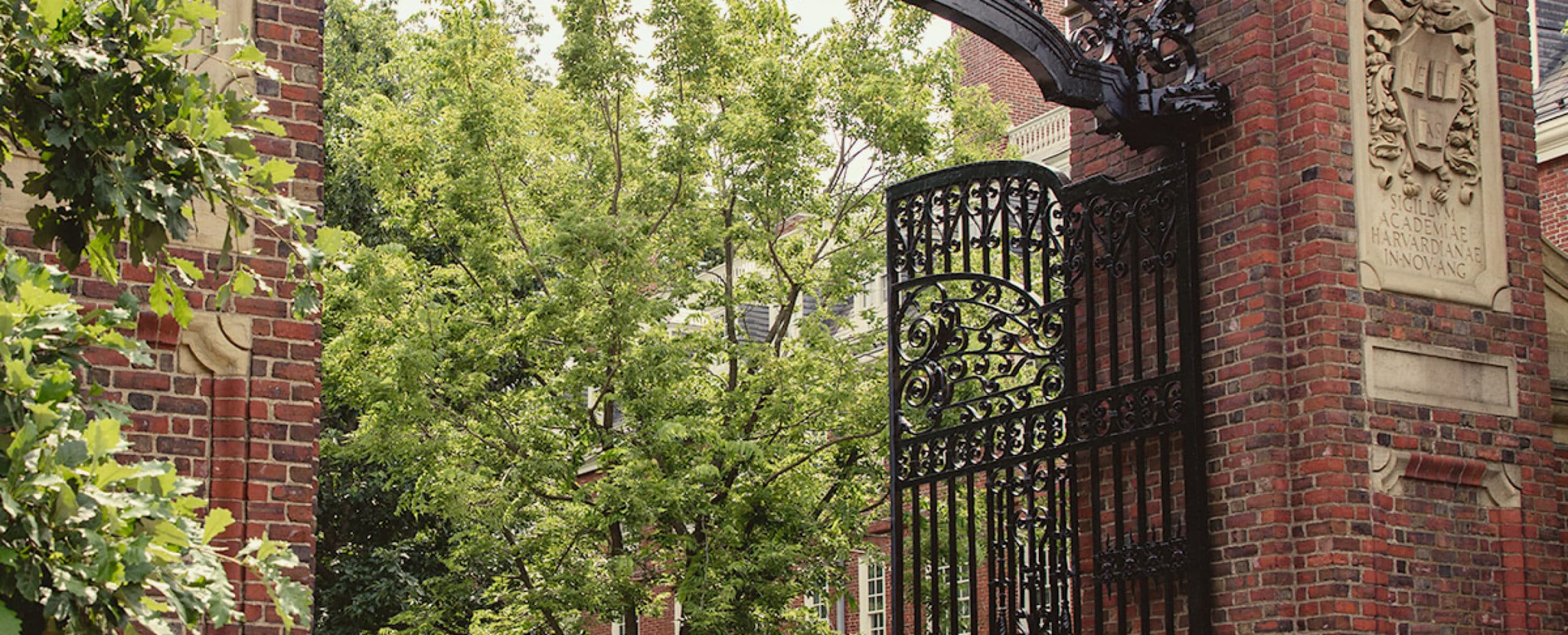
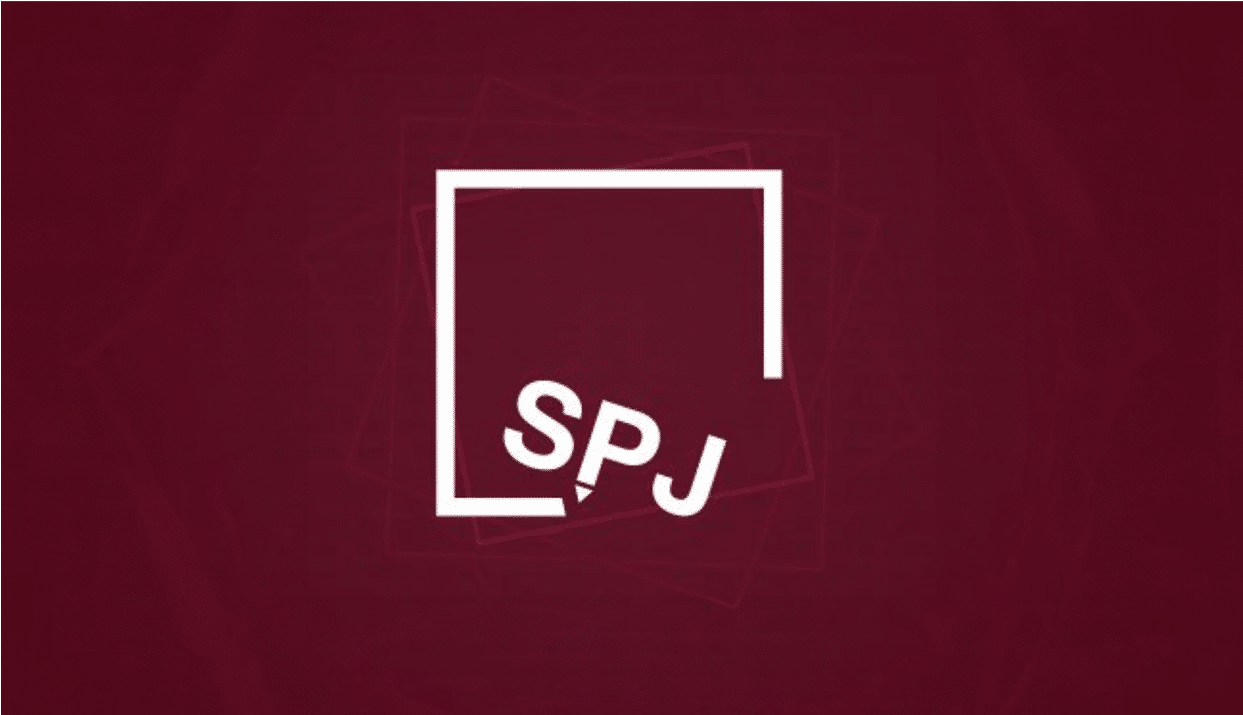
Singapore Policy Journal
Singapore Policy Journal published rigorous analyses of Singapore policy written by students and researchers to encourage discussion among policymakers and the public. The Journal selected and condensed these analyses each month to help moderate and elevate policy discussions in Singapore.
Explore all Articles
filter by–Topic
filter by–Region
filter by–Country
search by–Keyword
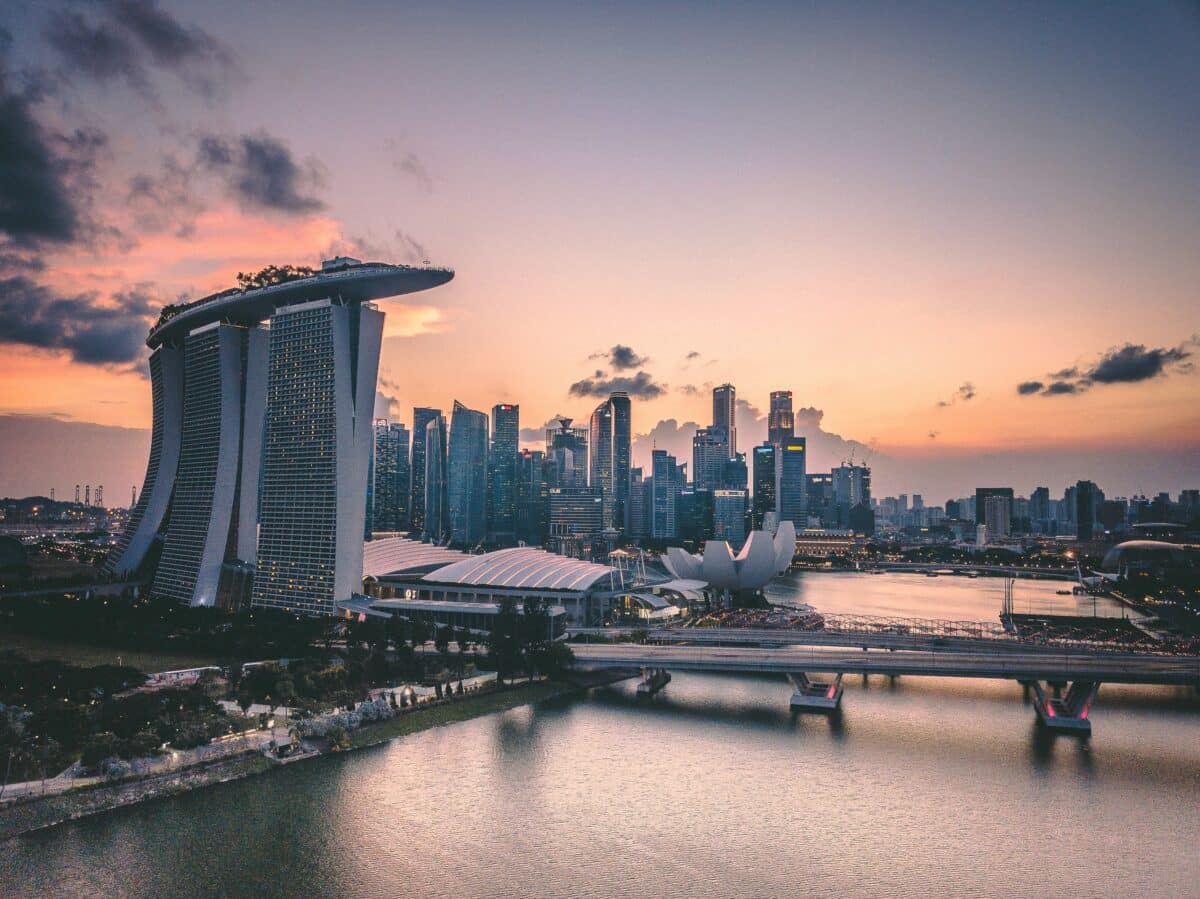
To What Extent is Singapore a “Middle Power” in the Indo-Pacific?
07.15.23
Elements of Singapore’s foreign policy qualify it as a “middle power,” as per de Swielande’s (2019) theory of regional powers in the Indo-Pacific. This paper addresses the predominance of studies on India, Australia, Indonesia, and South Korea in the literature, as the typical middle powers in the Indo-Pacific (de Swielande, 2019). Small states are frequently […]

A Cure Against Conversion Therapy in Singapore?
03.27.23
Lawyer and activist Daryl Yang discusses how a consumer protection approach to conversion therapy might offer a balanced alternative to legislative change that permits individual choice whilst protecting against misleading claims.

A Leap Across the Rubicon: The Quest to Bridge the IP-AI Nexus in Singapore
11.11.22
AI is poised to dominate the economy of the future, but questions remain about how IP law will adapt to this new environment. As AI systems grow creative and make original inventions independent of the human mind, should the law accord AI inventions the same IP rights as those made by human? Examining cutting-edge legal developments in this field, Marcus Ho calls for Singapore to recognize AI as inventors to promote technological innovation and develop a robust AI eco-system that will drive the digital economy of the future.
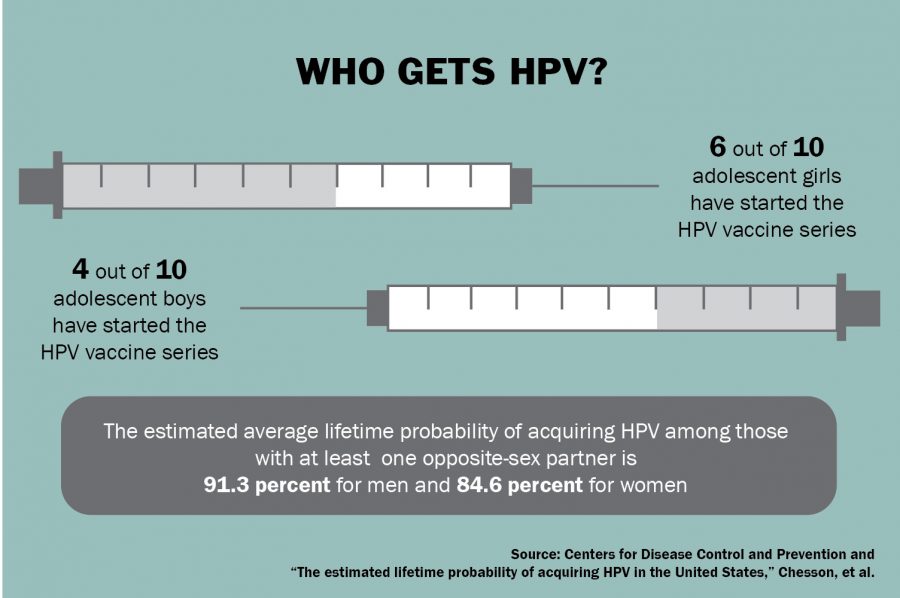
HPV is Not Just a “Women’s Disease”: Men Should get Vaccinated too
11.1.22
HPV has traditionally been framed as a disease that largely affects females, but should males get vaccinated as well? Ng Qi Siang argues that gender-neutral vaccination is more effective than female-only vaccination in terms of cost-efficiency and containing viral spread. He proposes that the government reframe HPV as a disease that affects all genders and move towards a gender-neutral HPV vaccination policy in the near future.
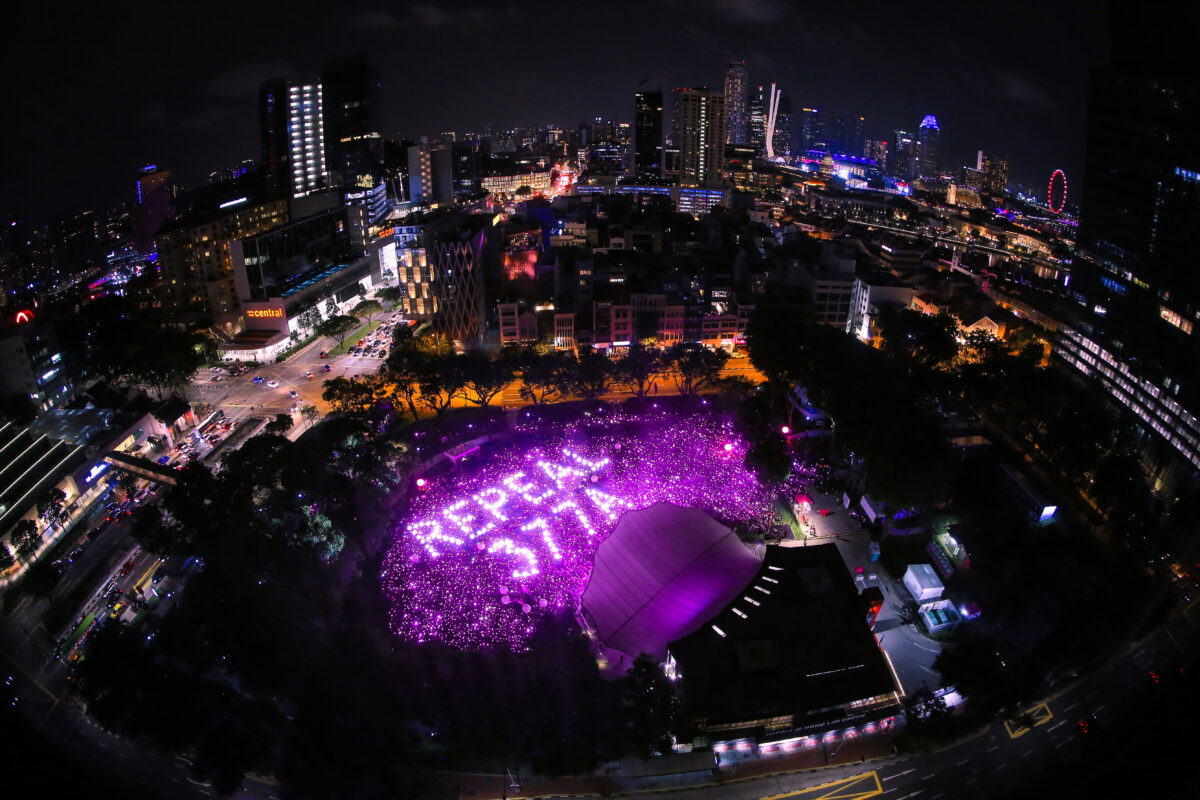
A Primer on Singapore’s Forthcoming Constitutional Amendment to “Protect” Marriage
09.15.22
While the government has announced that it will repeal Section 377A of the Penal Code, it has also sought to protect the definition of marriage from constitutional challenge. Lawyer and activist Daryl Yang explains what the resulting constitutional amendment may look like, as well as what it means to the LGBTQ+ community in Singapore.
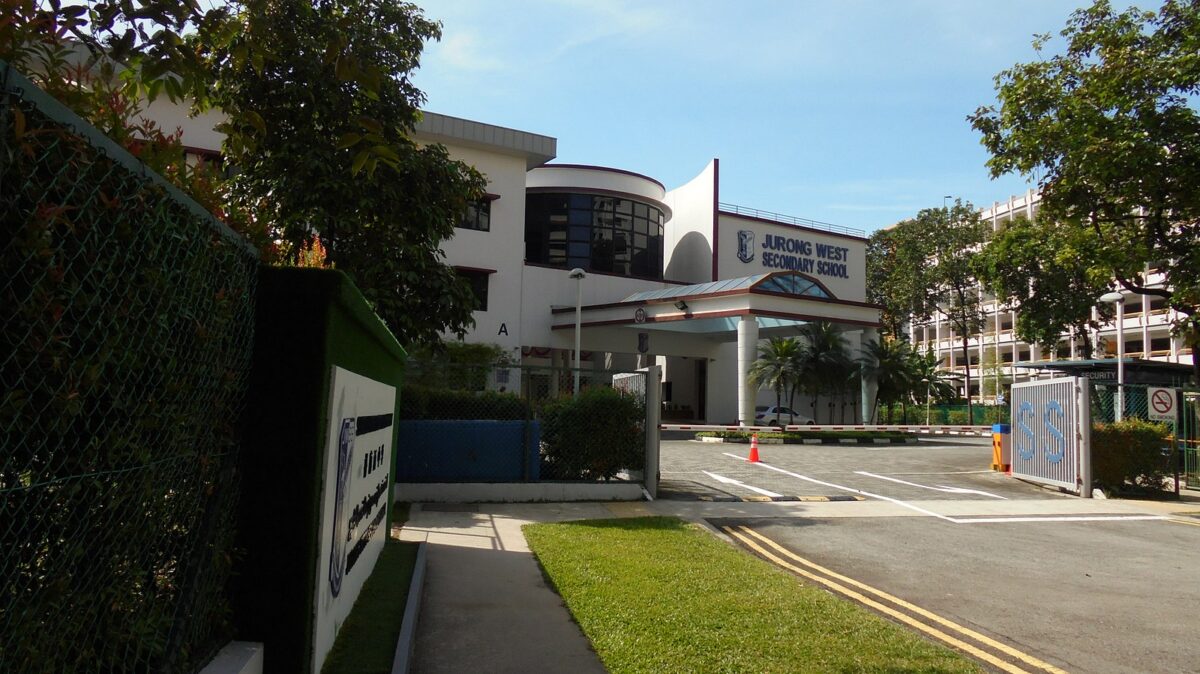
Reasons to Doubt the “End of Streaming” in Singapore
07.1.22
Will the introduction of Full Subject-Based Banding (FSBB) eliminate streaming in Singaporean schools? Cameron Kheng argues that the policy does not succeed in doing so, risking many of the same inequalities that a system of streaming had been criticized for perpetuating. He identifies ways to improve FSBB, reflecting on how to push the policy beyond its underlying logic of economic pragmatism.

Judiciary and Law Enforcement in Singapore Inc.
06.19.22
Ben Chester Cheong argues that Singapore’s unique political and legal system helped lay the foundation for the country’s economic growth. He points to Singapore’s high-quality judiciary which is trusted by its citizens to deliver principled and fair outcomes, as well as its use of deterrence which has enabled its reputation as one of the safest cities in the world.
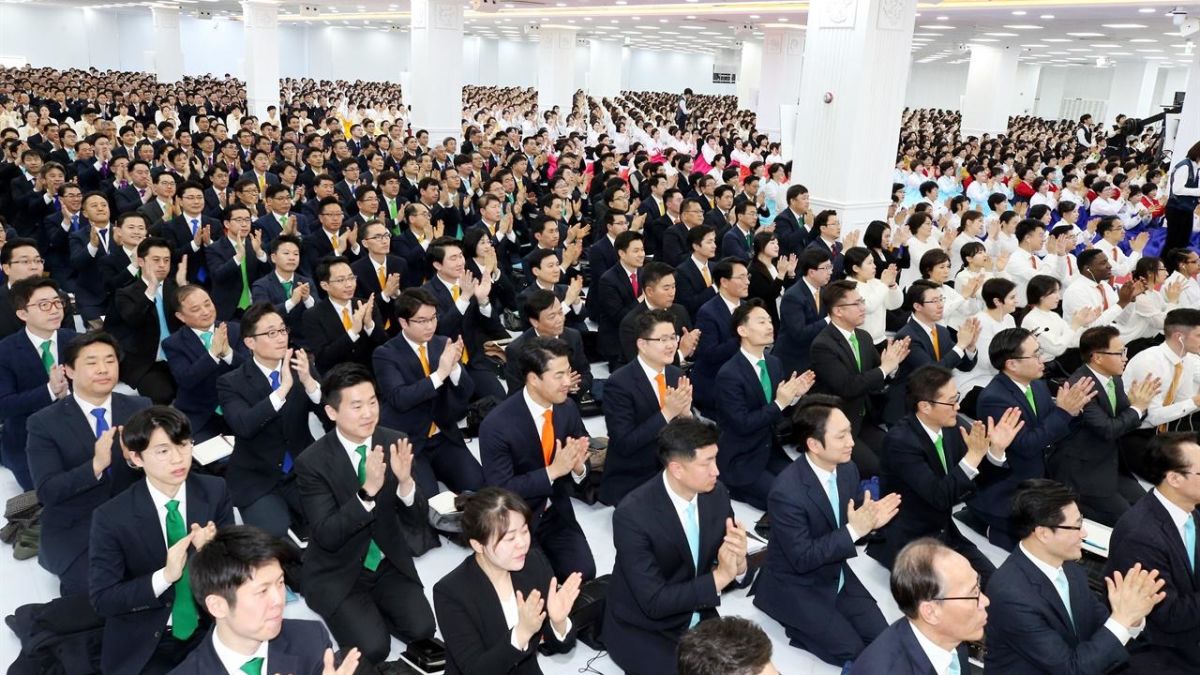
Shincheonji and Religious Policy in Singapore
06.16.22
At present, Singapore is the only country to have taken steps to dissolve a local chapter of South Korea’s Shincheonji Church. Jonathan Chan uses this decision as a lens to probe the state’s approaches to religious management. He argues that Shincheonji failed to align with Singapore’s model of multi-religious toleration, in particular through its lack of transparency about its intentions and motivations. This was seen as potentially causing fissures within families and Christian denominations, prompting the government’s intervention in dissolving the chapter.
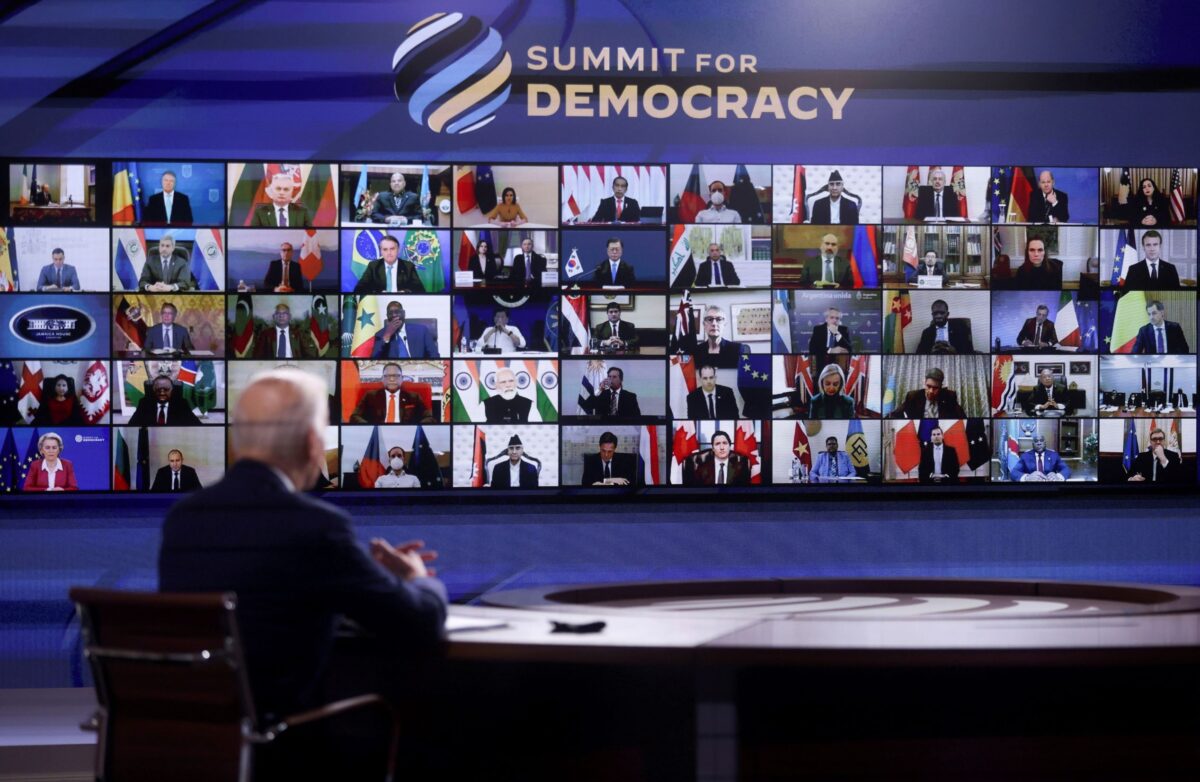
Singapore’s omission from “Summit for Democracy” is a blessing in disguise
04.29.22
Ng Qi Siang argues that it was ultimately beneficial for Singapore to be omitted from the US-organized Summit for Democracy in December last year. By highlighting key characteristics of the summit, he shows how Singapore’s participation is likely to signal a weakened commitment to its foreign policy principles, which includes the city-state’s commitment to non-interference in the internal affairs of other states and the pursuit of good relations with all who wish to work with it. He then discusses great-power tensions between the US and China, and how Singapore’s non-participation in the summit aligns with its strategy to navigate a more polarised world order.

Deepfakes: The Implications of this Emerging Technology on Society and Governance
12.11.21
Luke Seow argues that Singapore is currently not well positioned to deal with the emergence of deepfake technology, and that this poses significant risks for national security and social cohesion. He highlights gaps in the current legislative framework, as well as lessons that can be drawn from other countries’ approaches to combating this emerging challenge. He then makes policy recommendations for Singapore to mitigate the potential dangers of deepfake technology.
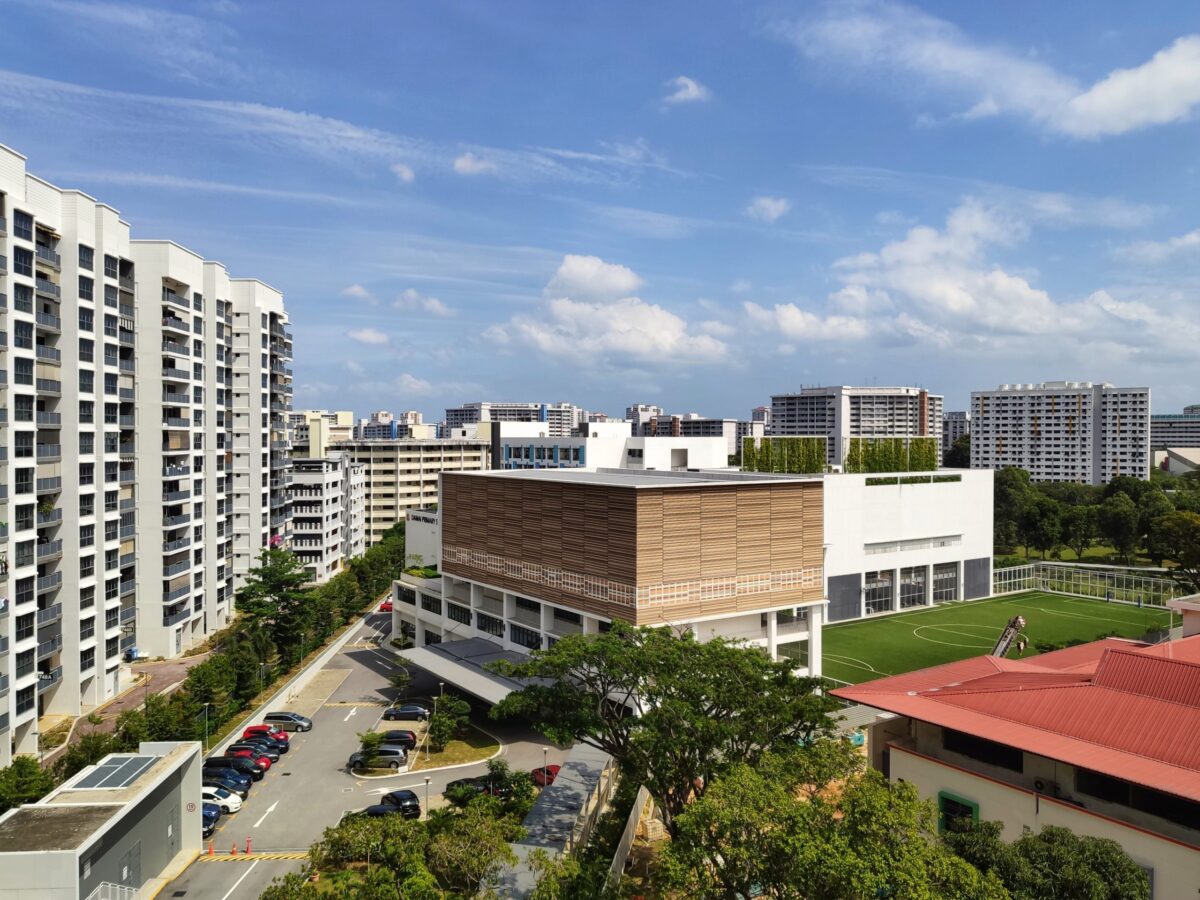
Shifting Policies, Unshifting Issues: Educational Equity in Singapore’s Primary 1 Registration Exercise
11.24.21
Ruru Hoong argues that the Ministry of Education’s recent change in the 2022 Primary 1 Registration exercise does not address underlying issues of educational equity. Rather, two potential policy interventions should be implemented—critically assessing the priority schemes and re-evaluating the overall school assignment structure for greater procedural equity. Rethinking these policies could have immense implications for the country’s goal to ensure that schools remain accessible to children of all backgrounds.
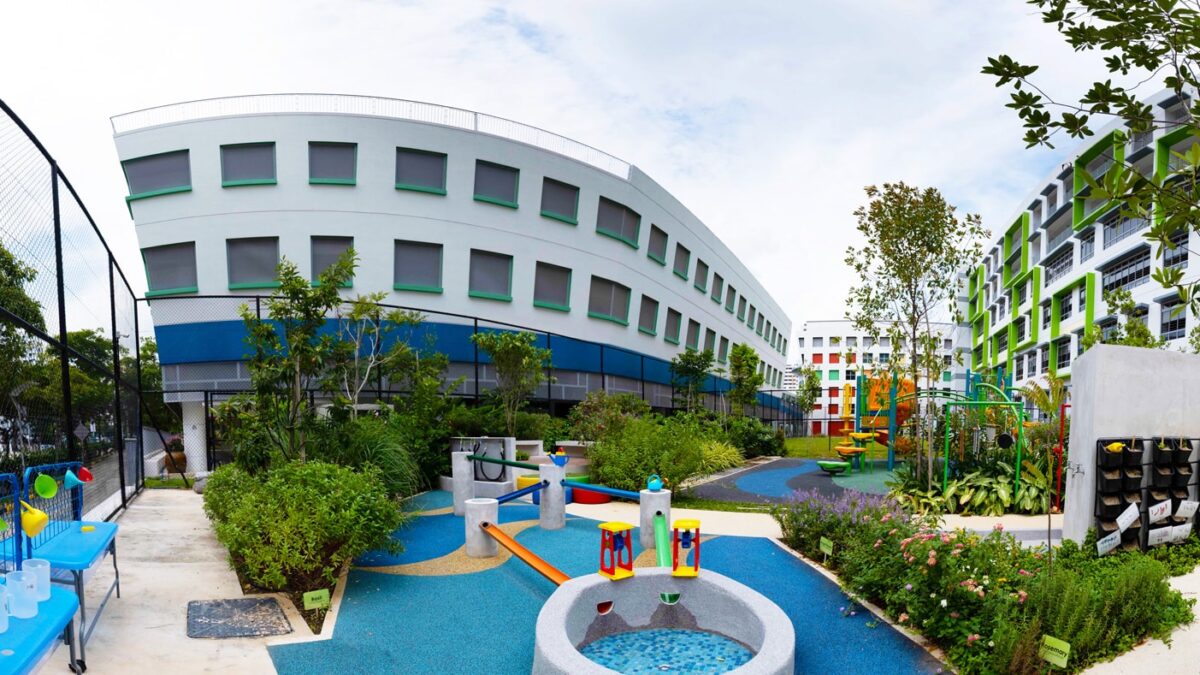
Preschools for the People: An Examination of Singapore’s Early Childhood Education Landscape (Part 2)
11.13.21
In this two-part series, students from Roosevelt Network@Yale-NUS College delve into Singapore’s early childhood care and education (ECCE) landscape, examining the current state of quality and access in the sector. In part one, the authors discussed Singapore’s progress towards improving quality in the ECCE sector. Here in part two, they now turn towards the accessibility of ECCE services, and subsequently synthesise the issues of quality and access to deliver insights regarding the industry as a whole.